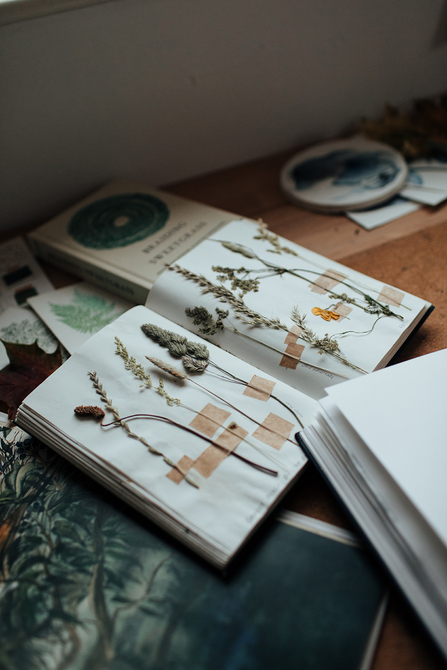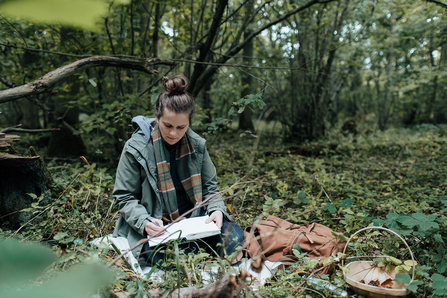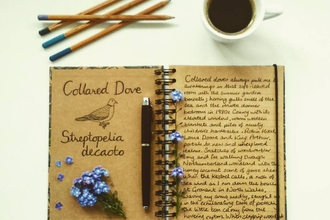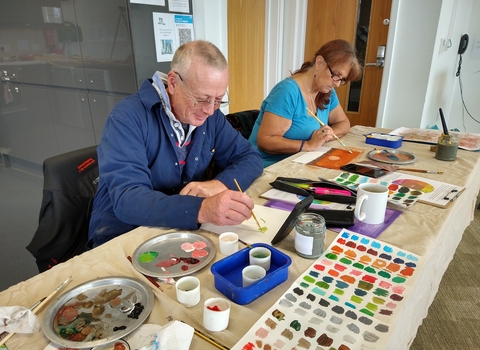"It is time for a new mental state to cultivate in our 21st-century lives, one oriented outward toward the world, that recognizes our fundamental interdependence, and that reminds us of the good humans can do. It is readily found in cultivating experiences of everyday awe."
- Dacher Keltner, Psychologist
Everyday awe can help us realise our deep interrelatedness with all life around us. Many of us are experiencing loneliness – a separation not just from other humans as societal divisions seem to deepen, but also species loneliness – a separation from the more-than-human beings around us.
Over the last few centuries – really just an eyeblink in human existence – we* have cut ourselves off from other living beings on the earth through human exceptionalism; the idea that humans are the pinnacle of evolution, and that interdependence with other species and the earth doesn't apply to us (we can see the impact of that way of seeing ourselves in the world in our rapidly changing climate).
During lockdown when our human voices and gatherings were quiet and for a while 73% Britons reported hearing louder birdsong (Natural History Museum). We suddenly realised the deep joy and wonder all the birdsong and bird life gifted us. Birdsong is a great example. It has been intertwined with our culture and music for since the dawn of humans and yet a study in 2017 showed that less than half the adult population in the UK could name a house sparrow (RSBP, Twirlywoos). And now, wild bird populations are in decline (UK Government). I believe there is a strong link between these two studies – we care about what we know and love.
"“[Tackling climate change] needs a fundamental change in our emotional relationship with nature. Neither romanticising it or idealising it nor seeing it simply in human terms but seeing it as something of value in itself. Knowing that it is constantly changing.” - Chetan Bhatt, Professor of Sociology, London School of Economics, from BBC’s “Nature and Us: A History Through Art”
Everyday awe through nature journalling is a way back into a relationship with life around us and helps us to see our interconnectedness. Nature journalling is simply recording your interactions and reflections with nature on paper and can include measurements, drawings, words, however you prefer to express yourself. Nature journaling is a way of paying loving attention to the world around you – it starts with noticing, then curiosity, then a lifelong, interconnected relationship.




